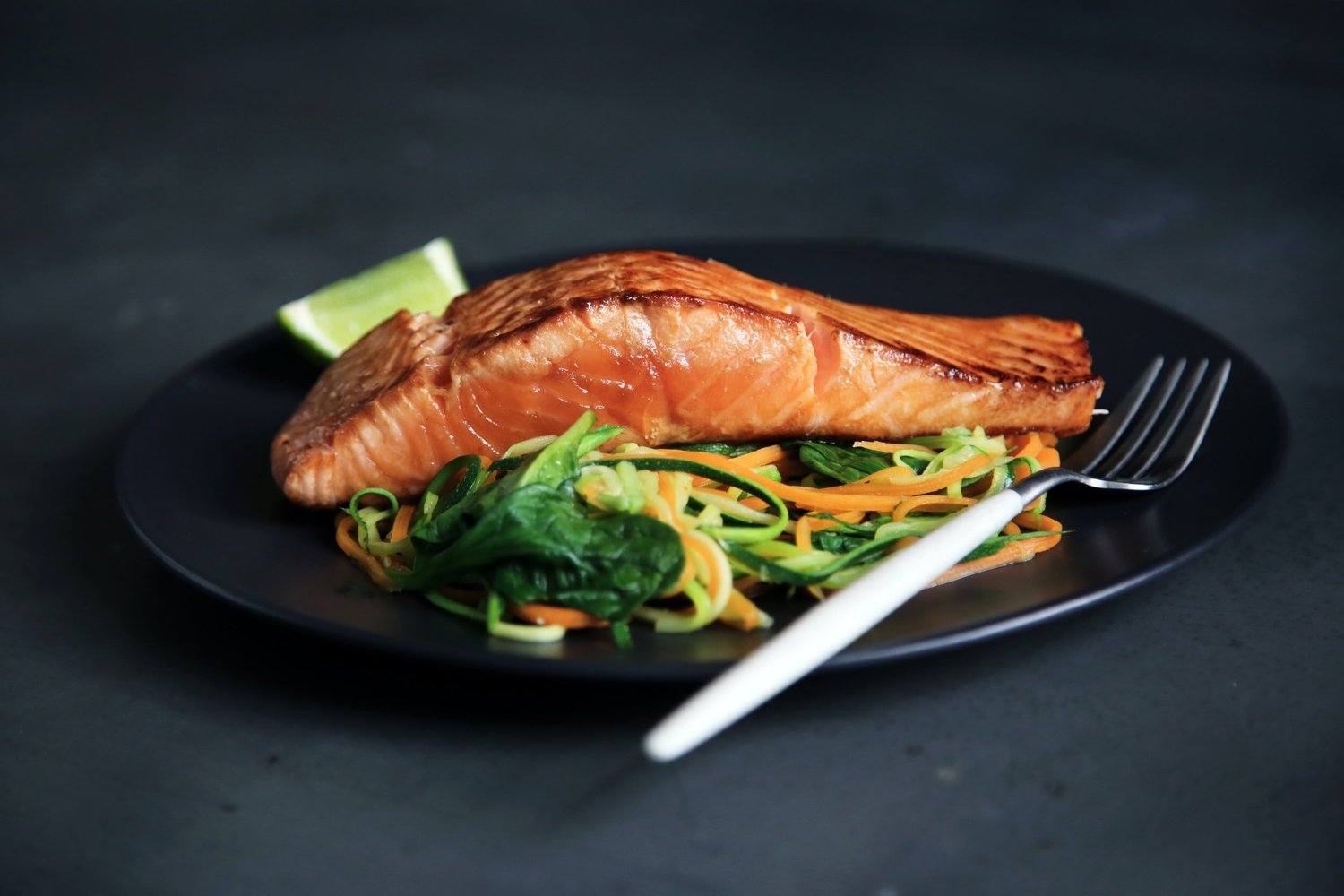As a sports dietitianone of the most common questions I receive is, how much protein do I need? There are several factors that determine how much protein you should be getting for optimal performance or health goals. Plus, understanding where to get protein can be helpful in designing your diet.
Why protein matters
Protein is made of amino acids, which your body uses for basic functions like maintaining hairskin, nails, and bones, and producing hormones, enzymes, and other chemicals. It’s also a necessary macronutrient for the building and repair of muscles.
Not getting enough protein can lead to muscle wasting, fracturesand susceptibility to infection. Fortunately, protein deficiency is extremely rare as long as you’re consuming enough calories.
How much protein do I need a day?
It seems that our culture has become intently focused on protein needs, with a message that more protein in the diet is always better. Adding protein to processed foods has become a popular marketing tactic – from protein ice cream to protein potato chips, and so much more.
While it’s true that athletes require more protein than the average individual, daily needs are not always as high as you might think. In fact, eating a ton of protein isn’t the answer to building muscle mass, and the quality does matter.
If you eat a good balance of macronutrients, you can optimize how much of the protein you eat goes toward muscle mass versus being used for energy. This means that, in addition to protein, it’s important to eat enough complex carbohydrates and healthy fats.
There is a general consensus among most professional dietetic and exercise organizations around athletic protein needs. The latest recommendations from the International Society of Sports Nutrition are that athletes should be getting between 1.4-2.0 grams per kilogram bodyweight of protein. This also depends on the type and intensity of training you’re doing.
For a 150-pound woman, this is 95-136 grams of protein per day to support a very active lifestyle.
It’s best to consume protein throughout the day, especially within 30 minutes following a workoutto optimize its benefit on recovery, repair, and growth of your muscles.
Best sources of protein for athletes
Most people, including athletes, can meet their daily protein requirements through food alone. In fact, protein is available in more foods than many people may realize. While the most often discussed sources of protein are animal-derived products, such as meat, poultry, eggs, fish, and dairy, protein is also found in whole plant foods. Good sources of plant protein include beans, peas, lentils, soy foods like tofu and tempeh, whole grains, nuts, and seeds.
Targeted primarily to athletes and active people, protein powders are of course another convenient option, albeit not a requirement to meet protein needs. If you decide to use a protein powder to supplement your training, be sure to read my guides on whey protein powders and plant-based protein powders.
If you’ve been wondering how much protein you need a day, I hope this gives you a place to start. For personalized sports nutrition coaching, contact us to schedule a session.
Source link








